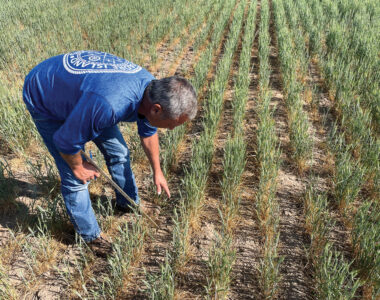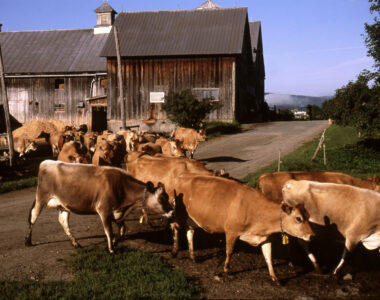
A proposed seed oil ban is raising alarms for U.S. farmers. While supporters say the goal is to improve public health, the move could create major financial and operational challenges for growers, especially those producing soybeans, canola, corn, sunflower, and cottonseed.
What’s Behind the Seed Oil Ban?
Some nutrition advocates argue that seed oils contribute to inflammation and other health concerns due to their omega-6 fatty acid content. As a result, lawmakers and industry leaders have started discussing restrictions or an outright seed oil ban in certain food products.
That discussion may seem distant from the farm, but for thousands of U.S. growers, the impact would hit close to home.
How the Ban Would Affect Farmers
The United Soybean Board recently funded a study to model the economic impact of a seed oil ban. The findings show clear risks for agriculture:
- Soybean prices could drop 3.4% annually.
- Farmer returns could fall 6.7% per year.
- Soybean acreage may shrink by 3 million acres by 2035.
- Overall crop cash receipts could decline by $3 billion every year.
Farmers wouldn’t just face lower prices — they’d also lose reliable markets and face new pressure to shift their production. For small and mid-sized farms, that kind of volatility can be hard to survive.
The Domino Effect Across Agriculture
A seed oil ban wouldn’t stop at oilseed growers. Soybean meal, a byproduct of oil extraction, plays a major role in livestock feed. If demand for oil drops, processors will make less meal, and feed prices will rise.
That means higher costs for ranchers and poultry farmers, less affordable meat for consumers, and even more strain on farm budgets.
Meanwhile, the Consumer Price Index for fats and oils could jump by nearly 29%, costing U.S. households about $7.7 billion more annually.
Health Concerns and Global Trade
Many nutrition experts agree that moderation, not elimination, is key. The FDA continues to recognize soybean oil as safe and heart-healthy when used properly. Cutting domestic seed oils entirely could increase U.S. reliance on palm oil, which has a history of driving deforestation and habitat loss abroad.
In trying to fix one problem, a seed oil ban could create others, both for American farmers and for global sustainability efforts.
Why It Matters
This conversation doesn’t just affect policy-makers. It affects real people growing real food.
A seed oil ban could weaken rural economies, shrink local food options, and make farming even harder for the producers already doing things right. Farmers need clear markets, stable pricing, and support — not added uncertainty.



